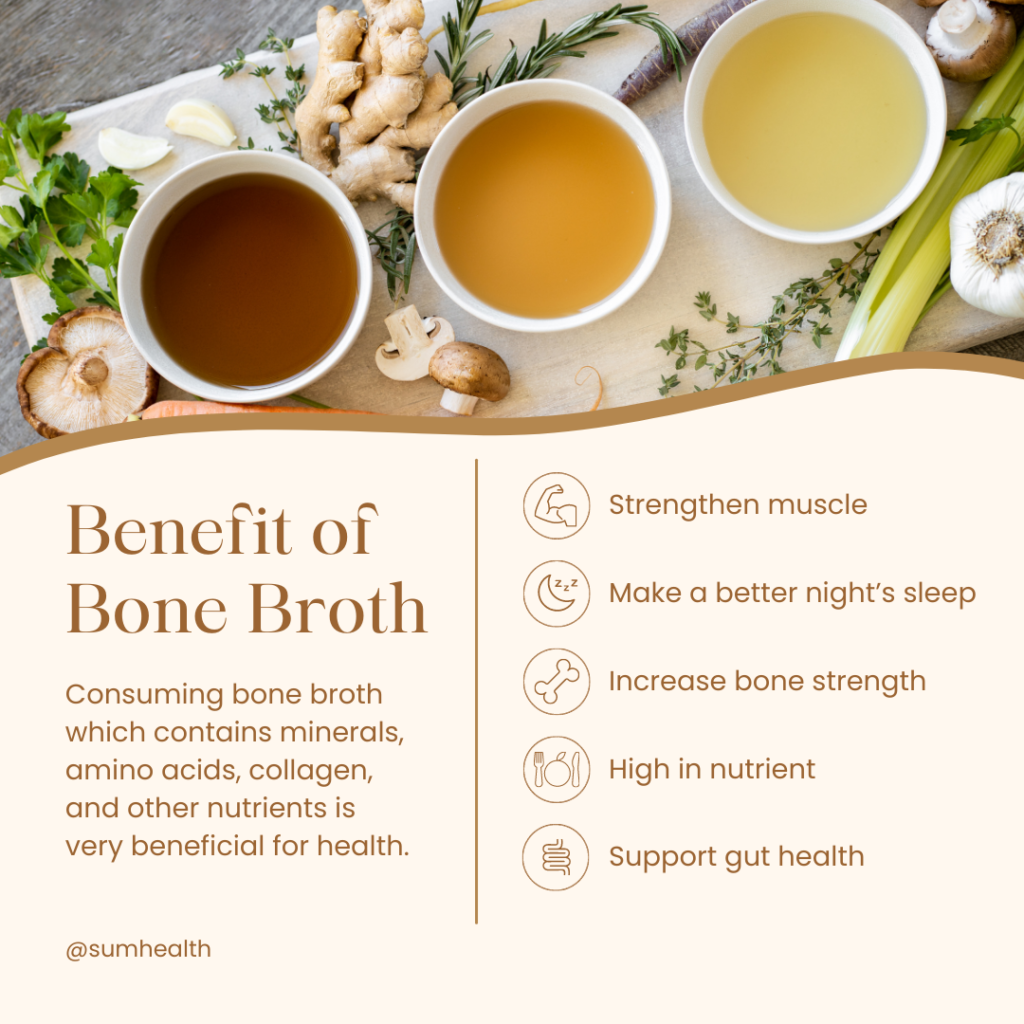Night-time snacking can have a significant impact on both weight and overall health. While occasional snacking before bedtime may not be a cause for concern, habitual and unhealthy night-time eating can lead to several negative consequences.
https://sumhelath.com/wp-admin/post.php?post=975&action=edit
Weight Gain:
Excess Calories: Consuming high-calorie snacks, especially those high in sugars and fats, before bedtime can lead to an increased intake of calories. These extra calories, if not burned off, can contribute to weight gain over time.
Disrupted Metabolism: Eating late at night can disrupt the body’s natural circadian rhythm and metabolism. The body’s ability to process and burn calories efficiently tends to decrease during nighttime hours, potentially leading to greater calorie storage as fat.
Poor Sleep Quality:
Digestive Discomfort: Eating close to bedtime can cause digestive discomfort, including acid reflux and indigestion, which can disrupt sleep and lead to poor sleep quality.
Disrupted Sleep Cycle: Consuming stimulating or caffeinated snacks at night can interfere with the body’s ability to enter deeper sleep stages, making it harder to get a restorative night’s sleep.
Blood Sugar Control:
Spikes and Crashes: Snacking on sugary or high-carbohydrate foods before bedtime can lead to rapid spikes and subsequent crashes in blood sugar levels. This can leave you feeling hungry again during the night and disrupt your sleep pattern.
Increased Risk of Chronic Diseases:
Type 2 Diabetes: Consistent late-night snacking, particularly on high-sugar foods, has been linked to an increased risk of developing type 2 diabetes.
Heart Disease: Poor dietary habits, including late-night snacking on unhealthy foods, can contribute to heart disease risk factors such as obesity, high blood pressure, and high cholesterol levels.
Unhealthy Food Choices:
Late-night snacking often involves choosing convenient, processed, and unhealthy foods. This can lead to poor dietary choices and an overall less nutritious diet.
Mindless Eating:
Night-time snacking can sometimes be driven by emotional factors such as stress, boredom, or loneliness, leading to mindless eating habits.
To mitigate the negative impact of night-time snacking on weight and health, consider the following strategies:
Mindful Eating: Pay attention to what you eat and why you’re eating it. Avoid eating out of boredom or emotional distress.
Choose Healthy Snacks: Opt for nutrient-dense, low-calorie snacks like fruits, vegetables, nuts, or yoghurt if you feel the need to eat at night.
Time Your Meals: Try to have your last meal at least two to three hours before bedtime to allow for digestion.
Limit Caffeine and Alcohol: Reduce or eliminate caffeine and alcohol intake in the evening, as they can disrupt sleep patterns.
Establish a Bedtime Routine: Creating a consistent bedtime routine can signal to your body that it’s time to wind down, making you less likely to snack late at night.
In conclusion, while occasional night-time snacking may not have a significant impact, habitual unhealthy snacking can contribute to weight gain and negatively affect overall health. Being mindful of your food choices and eating habits in the evening can help mitigate these risks and promote better sleep and overall well-being.


